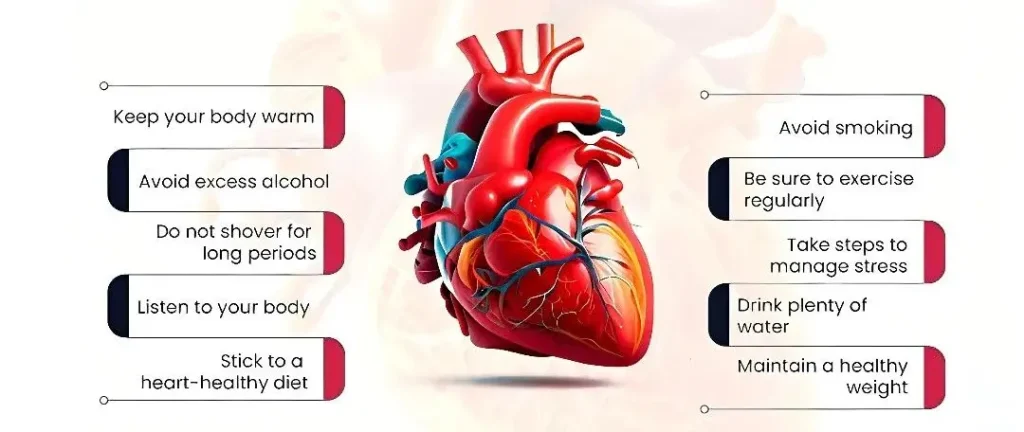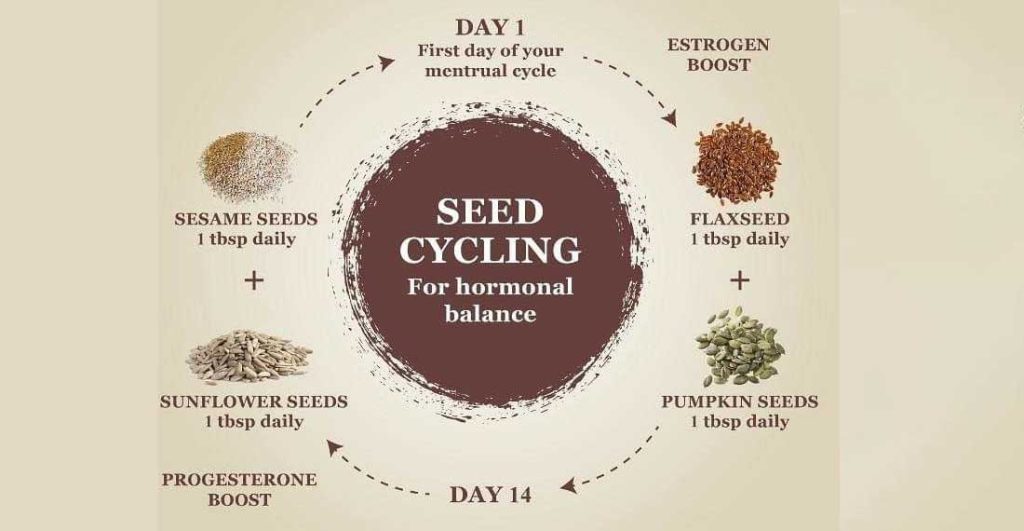
As winter comes with holidays, warm evenings by the fire, and beautiful snow, it also brings challenges for heart health. The cold weather can affect your heart, so it’s important to understand these effects and take steps to protect your heart during the colder months.
How Cold Weather Affects Heart Health
Cold temperatures can significantly impact your cardiovascular system. To conserve heat, your body causes blood vessels to constrict, which can elevate blood pressure and heart rate. This added strain increases the workload on the heart, potentially triggering severe issues like heart attacks, especially in individuals with pre-existing heart conditions.
Winter also brings lifestyle changes that may negatively influence heart health. Many people become less active, leading to weight gain and higher cholesterol levels. Additionally, seasonal affective disorder (SAD) can cause depression and anxiety, both of which are recognized risk factors for heart disease.
Understanding the Risks
- Higher Blood Pressure: Cold weather makes blood vessels narrow, raising blood pressure, which increases the risk of heart attacks and strokes.
- Less Physical Activity: People often move less in winter, choosing indoor activities. This lack of exercise can lead to weight gain and harm heart health.
- Unhealthy Eating Habits: Winter cravings for comfort foods high in fat and sugar can raise cholesterol and increase the risk of heart disease.
- Stress and Sadness: Feeling isolated or down during winter can affect mental health, leading to poor habits like skipping exercise or eating unhealthy foods.
How to Stay Safe During Winter
– Dress Warmly: Wear layers to retain heat and shield yourself from the cold. Accessories like hats, gloves, and scarves are essential to keep extremities warm and reduce heart strain.
– Stay Active: Opt for indoor activities like yoga, swimming, or using gym equipment. If outdoors, try brisk walking or snowshoeing, but always warm up before starting in cold weather.
– Monitor Blood Pressure: Check your blood pressure regularly, especially if you have a history of hypertension, to better manage your heart health.
– Eat Heart-Healthy: Focus on a balanced diet with fruits, vegetables, whole grains, and lean proteins. Limit high-fat and sugary foods, and include heart-healthy fats like those in nuts and fish.
– Stay Hydrated: Winter dehydration is common. Drink plenty of fluids, including warm beverages, to stay hydrated.
– Manage Stress: Practice relaxation techniques like meditation or deep breathing, and spend time with loved ones to combat loneliness and seasonal stress.
– Be Careful with Snow Removal: Shoveling snow can strain the heart. If you have heart issues, hire help or take breaks and avoid overexertion if you must do it yourself.
– Know Heart Attack Signs: Learn symptoms like chest pain, shortness of breath, and discomfort in the arms, neck, or jaw. Seek immediate medical attention if these occur.


